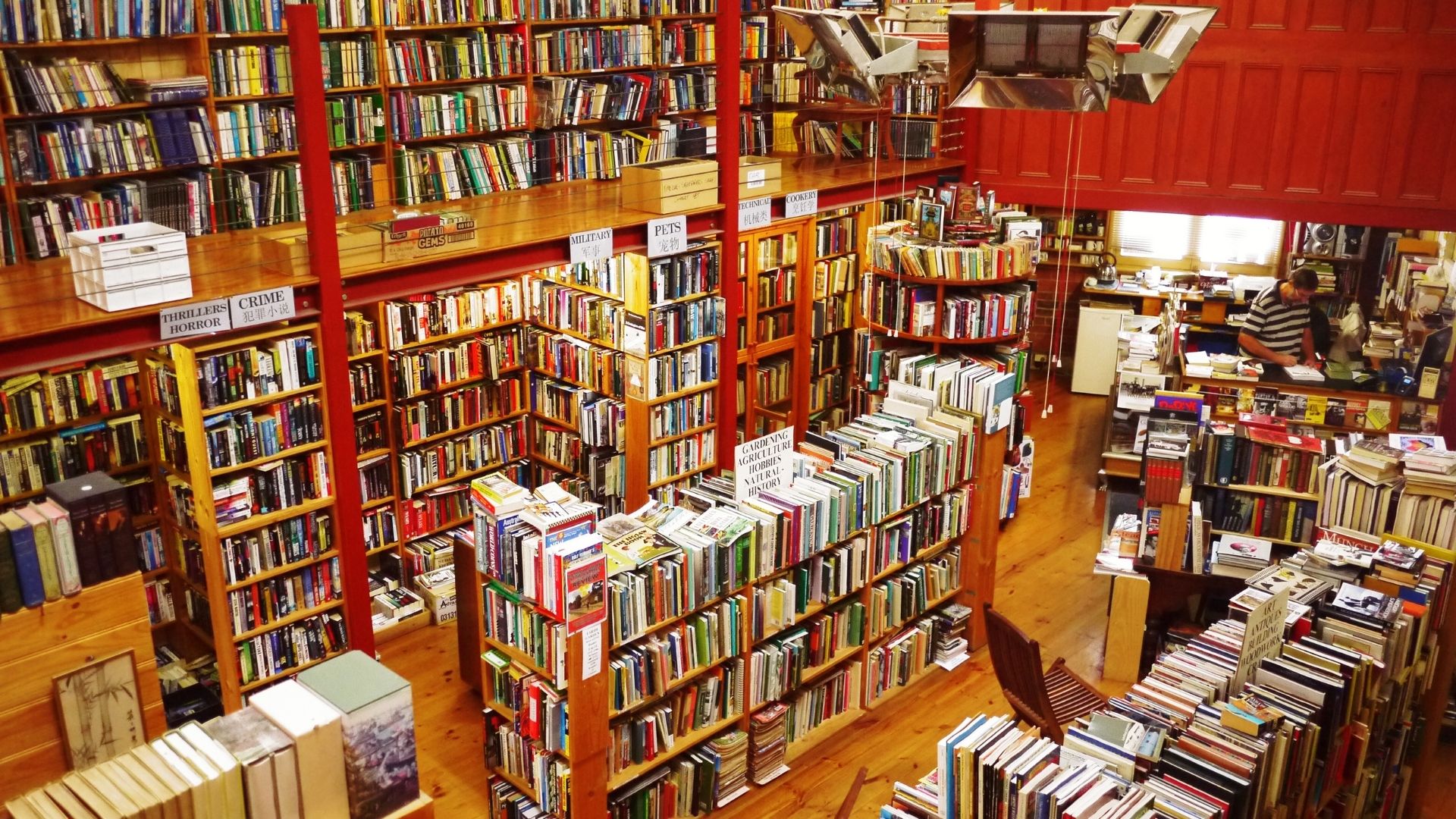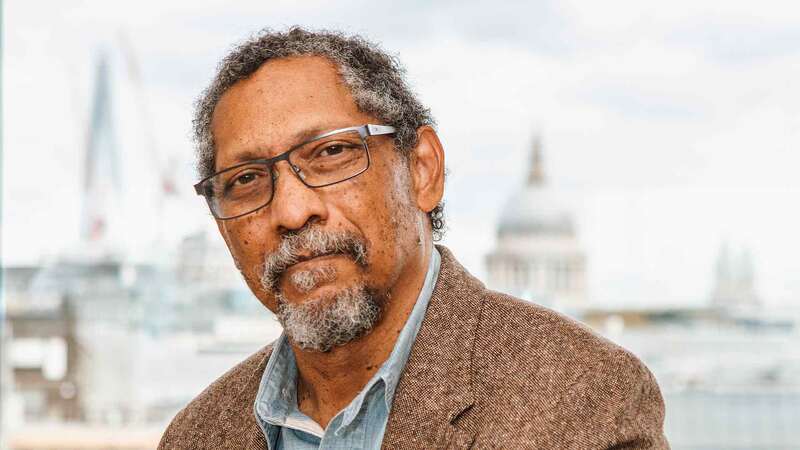You are viewing your 1 free article this month. Login to read more articles.
Uncommon readers

This week we unveil our Bookshop Heroes, those booksellers making the difference in stores across the UK and Ireland, and duly recognised here. It’s been a week of disruption, and so with this too: the list was planned to run on the eve of the Booksellers Association conference, but the postponement of the conference until late October—after the announcement of the Queen’s funeral—means that the “heroes” have a longer run-up to the big event.
And so here we have Jenni Blake, manager of the Leighton Buzzard bookshop, whose small outlet, born during the pandemic, “packs a punch”; and Alex Call, owner of Bert’s Books, first a website and book subscription service and now a bricks-and-mortar shop based in Swindon. There is Alfonzo Sieveking from Shoreditch’s The Common Press, who admits that no plan survives first contact with a customer for “bookshops embody something about a place and the people who live there”. And Chrissy Ryan, owner of Highbury’s BookBar, who “wanted to emphasise how fun bookshops and reading can be” and who now dreams of more BookBars.
I’ve described over the years how bookselling has changed, as shops have eschewed the big-box approach
The list shows what motivates. For Darran McLaughlin of Bristol’s bookhaus:, it is about reflecting that city’s “sense of independence, with a strong counter-culture”, while for Alexia Pepper de Caires, owner of Back to Books in Birmingham, it is about creating a queer, activist and radical space—“books have a power to connect, dismantle and confront the uncomfortable”.
Perhaps what’s most remarkable is how fertile the last couple of years have been for bookshops. Ten of the 22 Bookshop Heroes have opened businesses in the past three years—and seven of those came during the pandemic. This builds on five years of indie growth as measured by the BA’s membership figures. My colleague Tom Tivnan, who along with the BA compiled the list, notes the number of our heroes who are hardened veterans of the bookselling scene, but also how many on the list experimented with different ways of selling books, from online, to pop-ups, to subscription.
I’ve described over the years how bookselling has changed, as shops have eschewed the approach of the latter-day chains and adopted the strategies of the boutique or community-focused shop. In 2016, I remarked how the opening of Brick Lane’s Libreria felt like a time when the “designer bookshop” would be defined not by size, ownership or planogram, but by how it feels to step inside one. And also what is inside. As Wayne Winstone, owner of three bookshops, says: “I think we have a duty, a sense of pastoral care, to really curate the range [that is] presented to local customers. It gives them confidence”.
But perhaps the movement was something a bit simpler, and it was less about defining a new thing but actually about letting go of something old. In short, what defines today’s booksellers, as well as their commonality, is their difference, and this, as much as anything, is what we can look to celebrate when the conference convenes at the end of October.



















